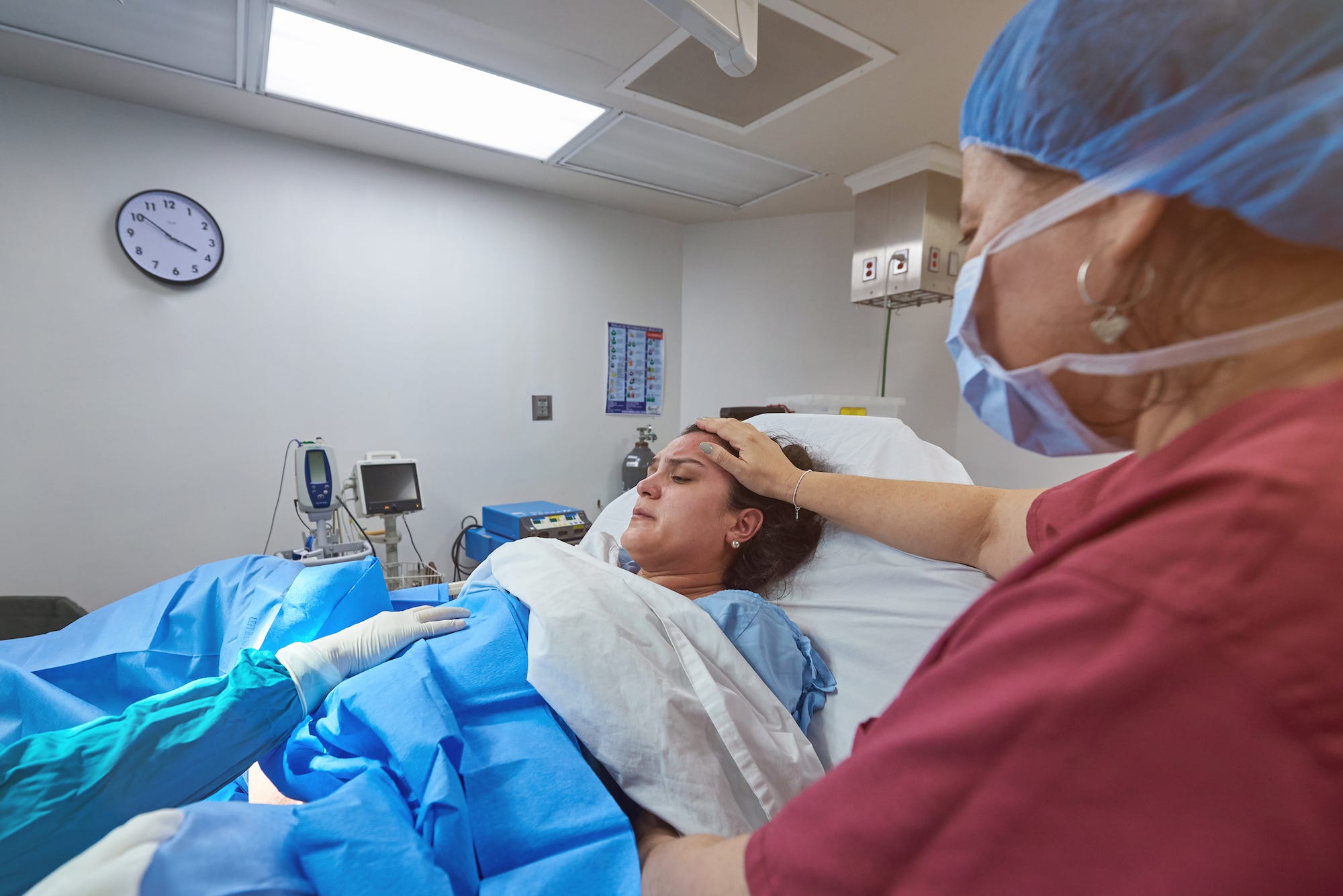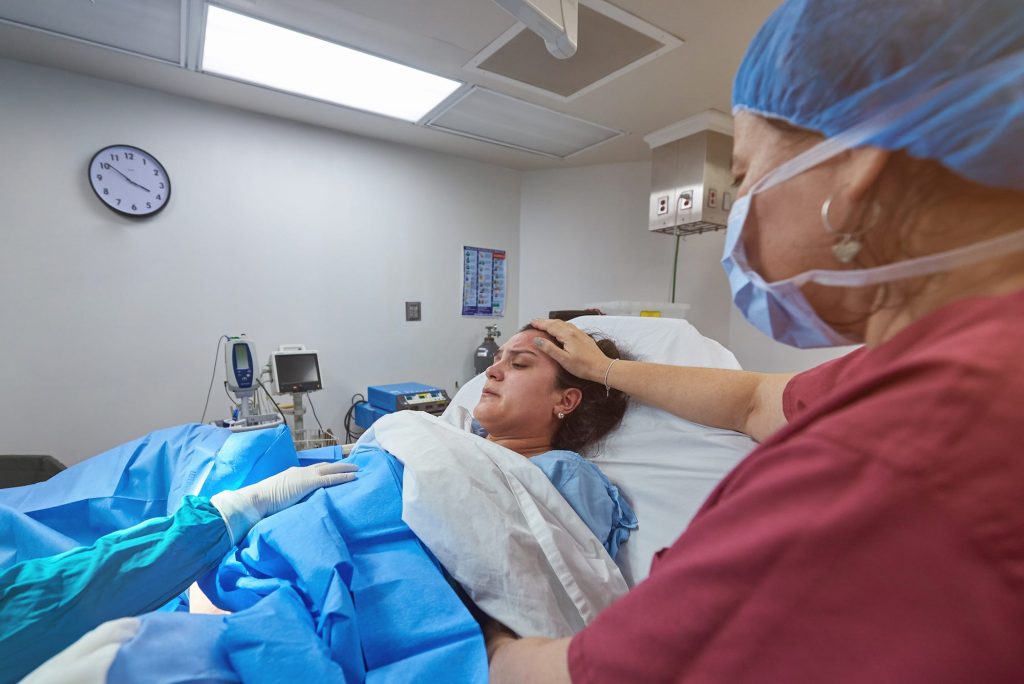
- A UK woman felt faint, vomited, and had a seizure after delivering her baby.
- She had consumed so much water during labor she depleted her sodium levels, leading to hyponatremia.
- There aren't clear guidelines on fluid intake in pregnancy, but too much can, rarely, be deadly.
- Visit Insider's homepage for more stories.
A 33-year-old woman drank so much water during childbirth she felt faint, began vomiting, and had a seizure after delivering her baby.
At first, doctors thought she was experiencing eclampsia, a severe high-blood pressure condition during pregnancy that can lead to seizures and a coma.
But once they dug deeper, they realized hyponatremia, or an electrolyte imbalance caused by excessive water intake, was to blame.
Authors of the report, published in the journal BMJ Case Reports in June, want to raise awareness of the dangers of drinking too much fluid during pregnancy.
The woman was otherwise healthy, but her fluid intake wasn't monitored
Going into labor, the first-time UK mom was healthy and considered low-risk. She began experiencing contractions at 41 weeks and vomited at home before going to the hospital to continue laboring.
For 14 hours, she remained in the first stage of labor, when the cervix opens up and softens. She vomited throughout, and was encouraged to drink fluids to compensate.
24 hours after her contractions began she began pushing and, with the help of oxytocin, delivered a baby boy within an hour.
But 20 minutes later the new mom felt faint and vomited again before having a one-minute seizure. Clinicians began treating her for eclampsia, since, they wrote, "in most, if not all cases, a postpartum seizure is eclampsia until proven otherwise." Plus, the woman had high blood pressure, another sign of eclampsia.
But blood tests later revealed she had low sodium levels, a sign of overhydration. And, after asking the patient a series of questions, doctors learned she'd consumed about five to six liters of water within a day - double her daily intake since clinicians had encouraged her to hydrate.
Her baby, it turned out, also had hyponatremia.
Both were treated to balance out their sodium levels and discharged the next day.
Hyponatremia is best recognized among endurance athletes
While most people don't drink enough water, there is such a thing as too much. Endurance athletes are perhaps best known to be at risk for hyponatremia if they guzzle water but not enough electrolytes during exercise. One 2015 case report describes a Grand Canyon hiker who went into a coma and died from overhydration.
Research also suggests that people with depression and addictions may be prone to hyponatremia, influenced by their medications and stress levels. People with eating disorders, too, may chug water to suppress hunger or to hide their low weights from their doctors, according to US News & World Report.
There aren't universal guidelines on how much water to drink in labor
The current case study, as well as several others before it, highlights how laboring patients shouldn't be overlooked when it comes to hyponatremia.
During pregnancy, the body retains more water. Oxytocin, commonly given to speed along labor, depletes sodium levels. These factors can increase the risk of hyponatremia during or after childbirth, the authors write.
And yet, there aren't clear guidelines on how much someone should drink during labor, the authors write, only how much fluid is administered through an IV. Plus, the World Health Organization stresses the importance of honoring a woman's eating and drinking desires during labor, as restricting intake doesn't seem to pay off.
The study authors recommend clinicians take note of a patient's total fluid intake, and encourage people in labor to drink beverages with electrolytes.

